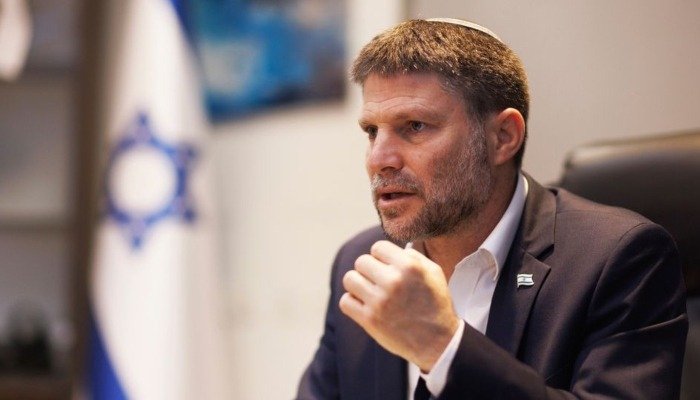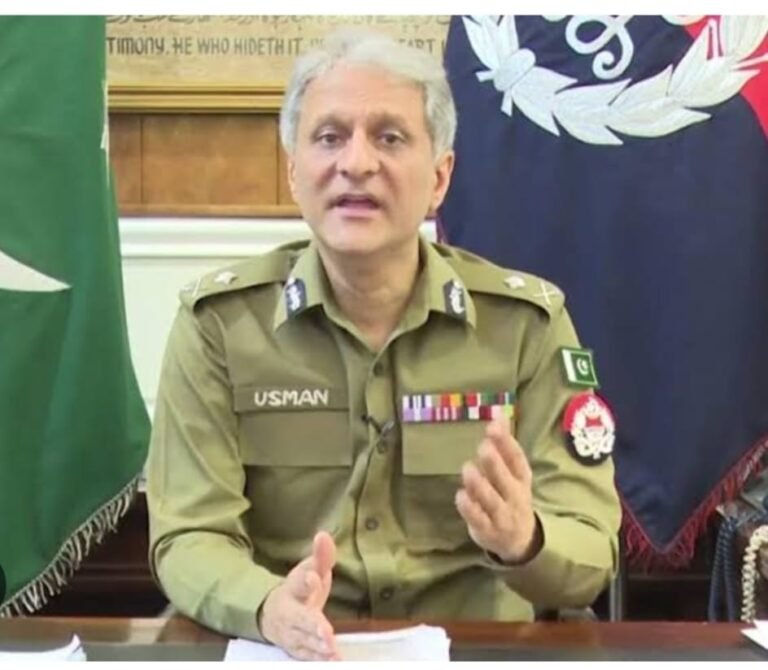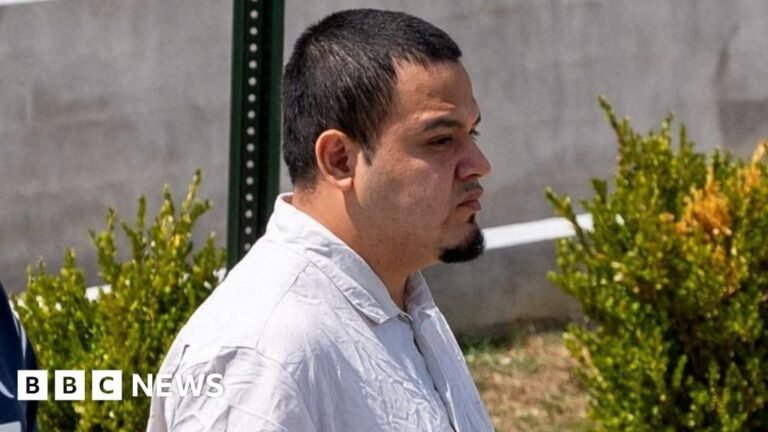Israel’s Finance Minister: “Hamas must be destroyed after hostages’ return”; vows to oppose ceasefire deal
Jerusalem / Washington Israel’s far-right Finance Minister Bezalel Smotrich said on Thursday that Hamas “must be destroyed” once Israeli hostages are returned, and that he will vote against the ceasefire and hostage-exchange agreement negotiated this week. The comments came after U.S. President Donald Trump announced that Israel and Hamas had agreed on the first phase…
Jerusalem / Washington
Israel’s far-right Finance Minister Bezalel Smotrich said on Thursday that Hamas “must be destroyed” once Israeli hostages are returned, and that he will vote against the ceasefire and hostage-exchange agreement negotiated this week.
The comments came after U.S. President Donald Trump announced that Israel and Hamas had agreed on the first phase of a peace/ceasefire plan that envisions a phased release of hostages by Hamas in exchange for the release of Palestinian prisoners and a partial Israeli troop withdrawal from Gaza. The deal is to be implemented after formal ratification by Israel’s government.
Smotrich — a leading figure in Israel’s Religious Zionism bloc — warned against accepting what he described as an “artificial calm,” and said Israel must continue efforts to ensure Hamas’s eradication and Gaza’s demilitarisation even after the initial prisoner exchanges. He has repeatedly said returning captives is not the only or overriding objective of Israel’s war aims.
The announcement of the deal produced relief and celebration in parts of Israel and Gaza, where reports said Hamas would free dozens of Israeli detainees while Israel would free nearly 2,000 Palestinian prisoners as part of the initial phase. Yet the agreement exposed deep divisions inside Prime Minister Benjamin Netanyahu’s coalition: several far-right ministers have signalled opposition and threatened to withhold support, raising questions about parliamentary approval and the stability of the government.
International leaders welcomed the breakthrough but urged caution, underlining that implementation, verification and humanitarian access will determine whether the pause leads to a durable ceasefire. For now, the fate of the deal hinges on cabinet and Knesset votes and whether dissenting coalition members can be persuaded to back the agreement







